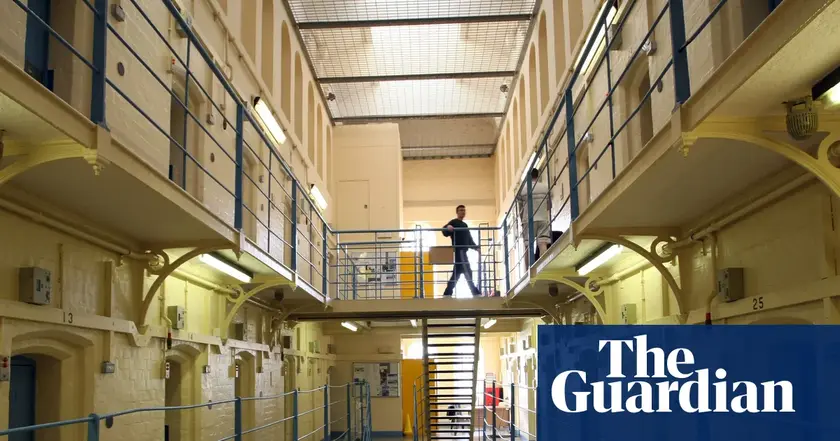T4K3.news
Arrests at London Palestine Action Protest After Proscription
Police arrested protesters in Parliament Square as Palestine Action was proscribed, with court appearances set for September.
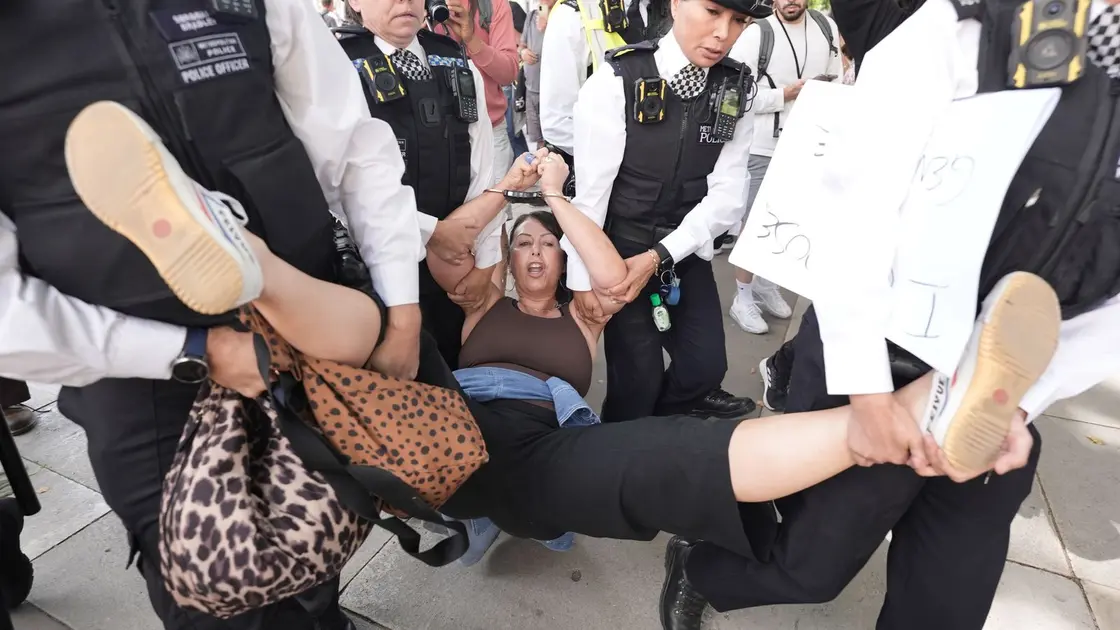
Authorities ban a pro-Palestine group and police arrest demonstrators in central London as the proscription takes effect.
Arrests at London Palestine Action Protest After Proscription
Police arrested a significant number of people at Parliament Square in central London after a Palestine Action demonstration, the group proscribed last month under new laws. The legislation, which came into force on 5 July, makes it a criminal offence to show support for the organisation, with a maximum sentence of 14 years in prison. Organisers Defend Our Juries estimated up to 700 attendees, and police prepared for what they described as the largest mass arrest in their history. The Met Police later reported arrests in the crowd, with placards referencing Palestine Action.
More than 200 people have been arrested and three charged so far in connection with Palestine Action activity. Jeremy Shippam, 71, of West Sussex; Judit Murray, 71, of Surrey; and Fiona Maclean, 53, of Hackney, east London, are due to appear at Westminster Magistrates Court on 16 September. A separate march by the Palestine Coalition began at Russell Square and moved toward The Strand, with police reporting one arrest for displaying a placard in support of that group. A Home Office spokesperson reiterated that the proscription is not about Palestine and does not affect the freedom to protest, adding it applies only to the specific organisation whose activities do not reflect or represent the rights of thousands who protest on different issues.
Key Takeaways
"This is the scene in Parliament Square."
Police description of the crowd
"The Home Secretary has been clear that the proscription of Palestine Action is not about Palestine, nor does it affect the freedom to protest on Palestinian rights."
government clarification
"largest mass arrest in their history"
police note on enforcement scale
"A ban that chills more than it clarifies."
editorial reaction
The ban tests how a democracy handles security concerns without eroding civil liberties. Targeting a single group can be framed as precise enforcement, but it invites questions about scope, transparency, and the potential chilling effect on peaceful dissent. Legal challenges may follow as critics argue the measure overreaches or narrows legitimate protest space. The outcome will hinge on judicial oversight and how authorities balance public order with the right to express political views.
Public response will shape the lasting impression of this episode. If arrests are seen as excessive, trust in policing and government could fray. If enforcement is perceived as measured and lawful, officials may win support for tougher tools in future high-stakes protests.
Highlights
- This is the scene in Parliament Square
- The proscription is not about Palestine and does not affect the freedom to protest
- largest mass arrest in their history
- A ban that chills more than it clarifies
Civil liberties under pressure from proscription
The ban on a political group and the scale of arrests raise concerns about civil liberties and the right to protest, potentially triggering a chilling effect and legal challenges. The policy may become a political flashpoint.
The coming days will reveal how the balance between security and protest rights is managed in practice.
Enjoyed this? Let your friends know!
Related News
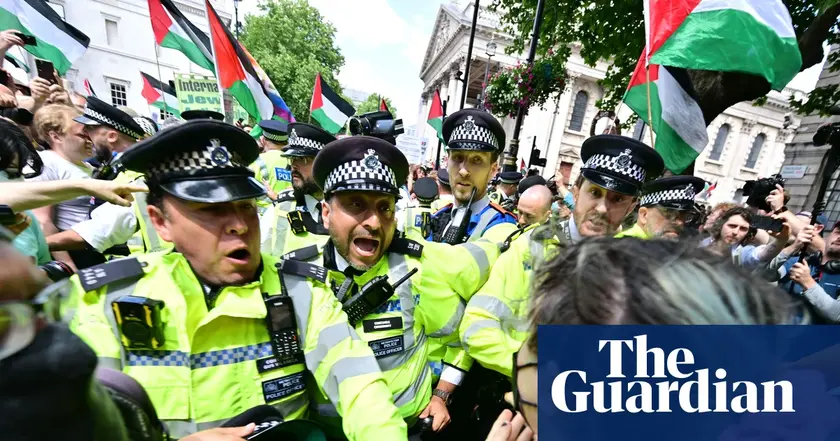
Police warn of mass arrests at Palestine Action protest
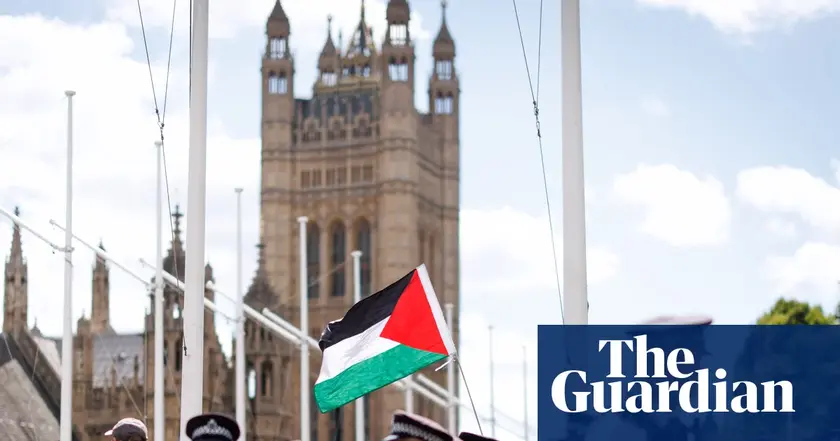
London protests after Palestine Action ban
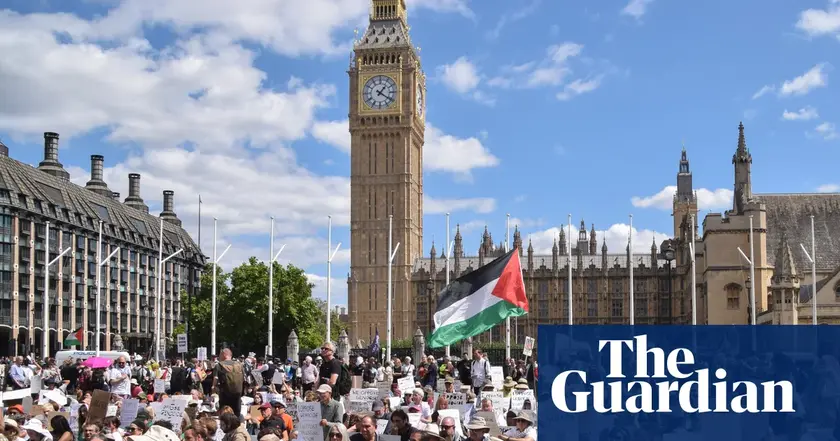
London Palestine Action protest arrests
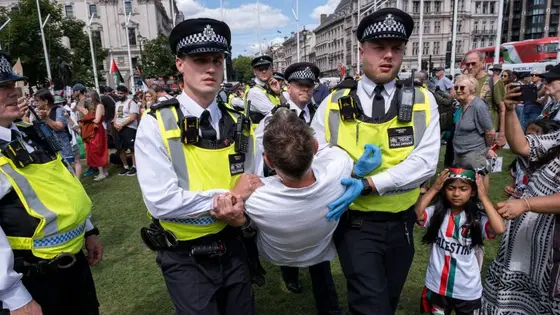
London arrests 466 protesters after Palestine Action ban
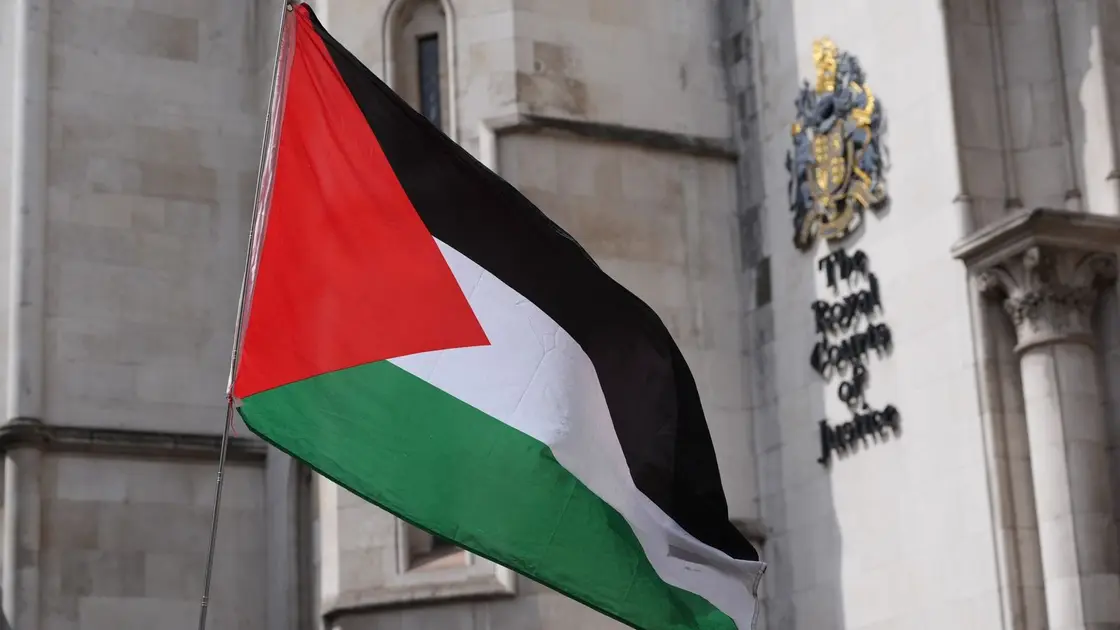
Three charged with supporting Palestine Action
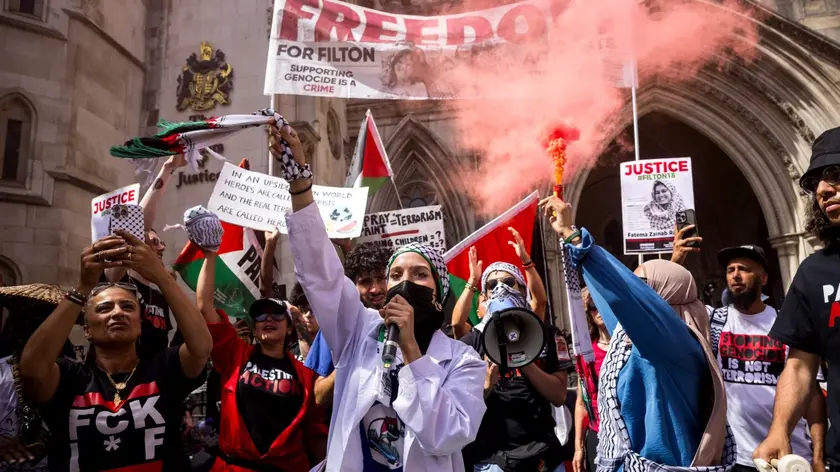
UK government bans Palestine Action amid rising support
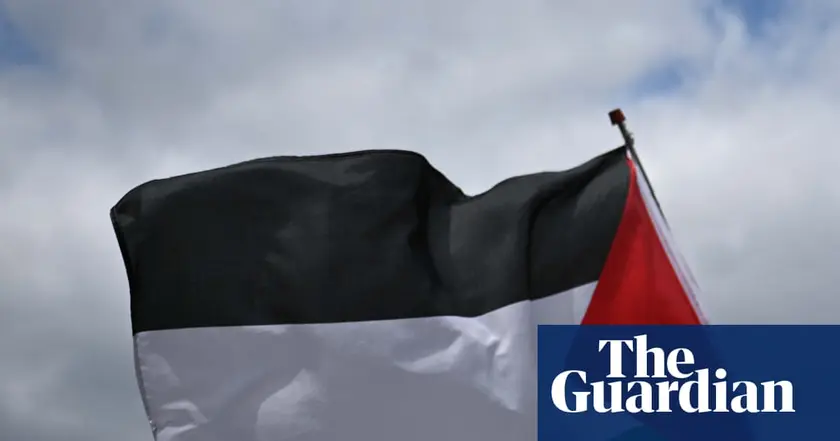
Arrests made during Liverpool pro-Palestine protest
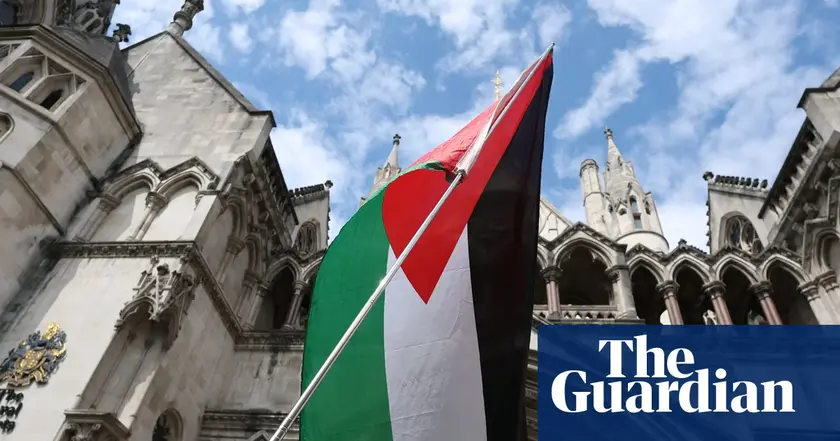
Scholars urge UK government to lift Palestine Action ban
